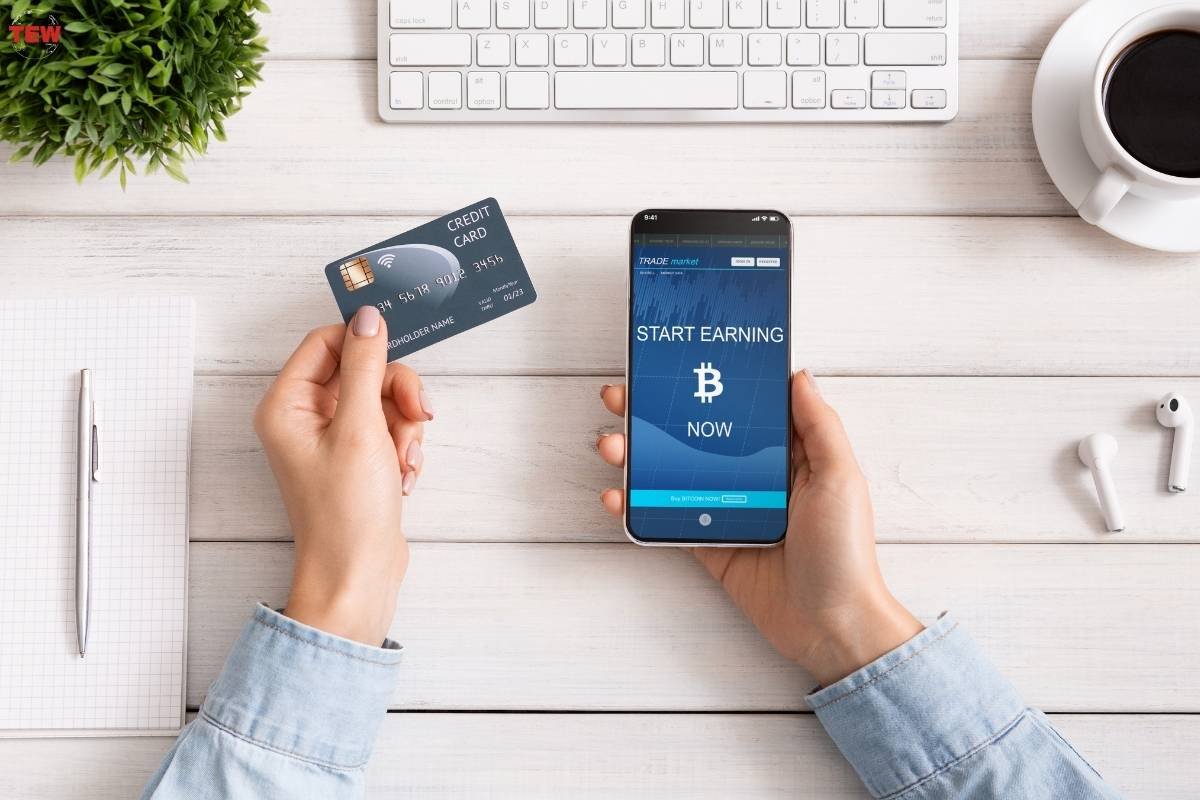In an era characterized by rapid technological advancements, mobile banking has emerged as a cornerstone of financial services, providing users with unprecedented ease and accessibility. As we navigate through this digital landscape, Bitcoin, the first and most well-known cryptocurrency, has begun to carve a new path for the future of mobile payments and banking. This revolutionary digital currency offers a unique blend of security, decentrality, and anonymity that could potentially redefine our approach to personal and commercial finance on mobile platforms.
Bitcoin: Pioneering Decentralized Finance
Bitcoin was introduced in 2009 by an anonymous entity known as Satoshi Nakamoto. As a decentralized digital currency, Bitcoin operates without the oversight of a central authority or government. This aspect alone sets it apart from traditional fiat currencies and paves the way for a new era of financial independence and privacy. The integration of the impact of Bitcoin on mobile banking is not just a trend but a significant shift towards embracing decentralized finance (DeFi) on a global scale. This paradigm shift not only challenges traditional financial systems but also promotes a broader acceptance of cryptocurrencies as legitimate, viable alternatives in daily financial transactions. You can also explore Immediate Elegance for further information.
The Role of Cryptocurrency in Modern Mobile Banking

One cannot discuss the future impact of Bitcoin on mobile banking without acknowledging the role of cryptocurrency, particularly Bitcoin. It challenges conventional banking models by offering an alternative means of transaction that is global, secure, and relatively quick. For mobile banking, this means users can manage and transact internationally without the typical fees or time delays associated with traditional banks. Furthermore, Bitcoin ensures that these transactions remain secure through the use of blockchain technology, an immutable digital ledger that records all transactions across a network of computers. This integration suggests a future where digital currencies and mobile banking are intertwined, leading to more streamlined, user-friendly financial services globally.
Enhancing Security and Privacy
A primary concern in mobile banking is security. Mobile platforms are particularly vulnerable to hacks, phishing attacks, and other forms of cybercrime. Bitcoin addresses these concerns through its foundational technology, the blockchain, which provides enhanced security features that are inherently resistant to fraud and unauthorized access. Each transaction on the blockchain is encrypted and linked to the previous transaction, creating a chain that is virtually impossible to alter. This provides a level of security that is currently unmatched by traditional mobile banking systems. By adopting blockchain technology, mobile banking can significantly improve its security measures, ensuring a safer environment for users to conduct their financial transactions.
Reducing Costs and Increasing Efficiency

Transaction fees are a staple of conventional banking, often taking a significant cut from the user’s transactions, especially in cross-border payments. Bitcoin, by contrast, offers a much more cost-effective solution by significantly lowering the transaction costs associated with transfers. This is particularly beneficial for the impact of Bitcoin on mobile banking users who regularly perform international transactions and can now do so at a fraction of the cost. With Bitcoin, these users not only enjoy lower fees but also experience quicker transaction times, thereby greatly enhancing the overall efficiency of mobile banking. This reduction in costs and improvement in transaction speed could lead to a broader adoption of mobile banking services, making them more accessible to a global audience.
Bitcoin’s Impact on Banking Accessibility
Accessibility is another critical area where Bitcoin could dramatically influence the future of the impact of Bitcoin on mobile banking. Traditional banking services often exclude those in remote or underserved regions. Bitcoin, accessible via the internet and mobile devices, has the potential to reach these underserved populations. By providing easier access to banking services, Bitcoin not only enhances financial inclusion but also empowers individuals by giving them control over their financial assets without the need for a traditional bank.
Challenges and Considerations
Despite the advantages, the integration of the impact of Bitcoin on mobile banking is not without challenges. Regulatory concerns, volatility, and a lack of understanding among the general public pose significant hurdles. The volatile nature of Bitcoin can deter users looking for stability in their financial transactions, while regulatory uncertainties can hinder its adoption across different jurisdictions. Additionally, there is a steep learning curve associated with using Bitcoin and understanding cryptocurrency in general.
The Future Outlook: Integration of Bitcoin with Mobile Banking Apps

Looking forward, the integration of Bitcoin with mobile banking apps could revolutionize the way we interact with our financial assets. We are already seeing fintech startups and some progressive banks experimenting with cryptocurrency transactions within their mobile apps. These developments not only enhance user experience by providing more flexibility and options but also stimulate competition in the traditional banking sector to innovate further.
Strategic Partnerships and Technological Advancements
As the mobile banking sector continues to evolve, strategic partnerships between traditional banks and fintech companies could pave the way for more integrated solutions that include Bitcoin and other cryptocurrencies. Moreover, technological advancements in blockchain and mobile app development will likely enhance the security and efficiency of these transactions, making them more appealing to everyday users.
Conclusion
Bitcoin’s influence on the future of mobile banking represents a shift towards more secure, efficient, and inclusive financial systems. While there are challenges to its widespread adoption, the benefits of incorporating Bitcoin into mobile banking platforms are clear. As technology continues to evolve and the public becomes more familiar with the advantages of cryptocurrencies, we can expect to see a significant transformation in how we conduct our financial transactions using mobile devices. This shift not only promises to enhance user experience but also to redefine the global financial landscape in the digital age.


















